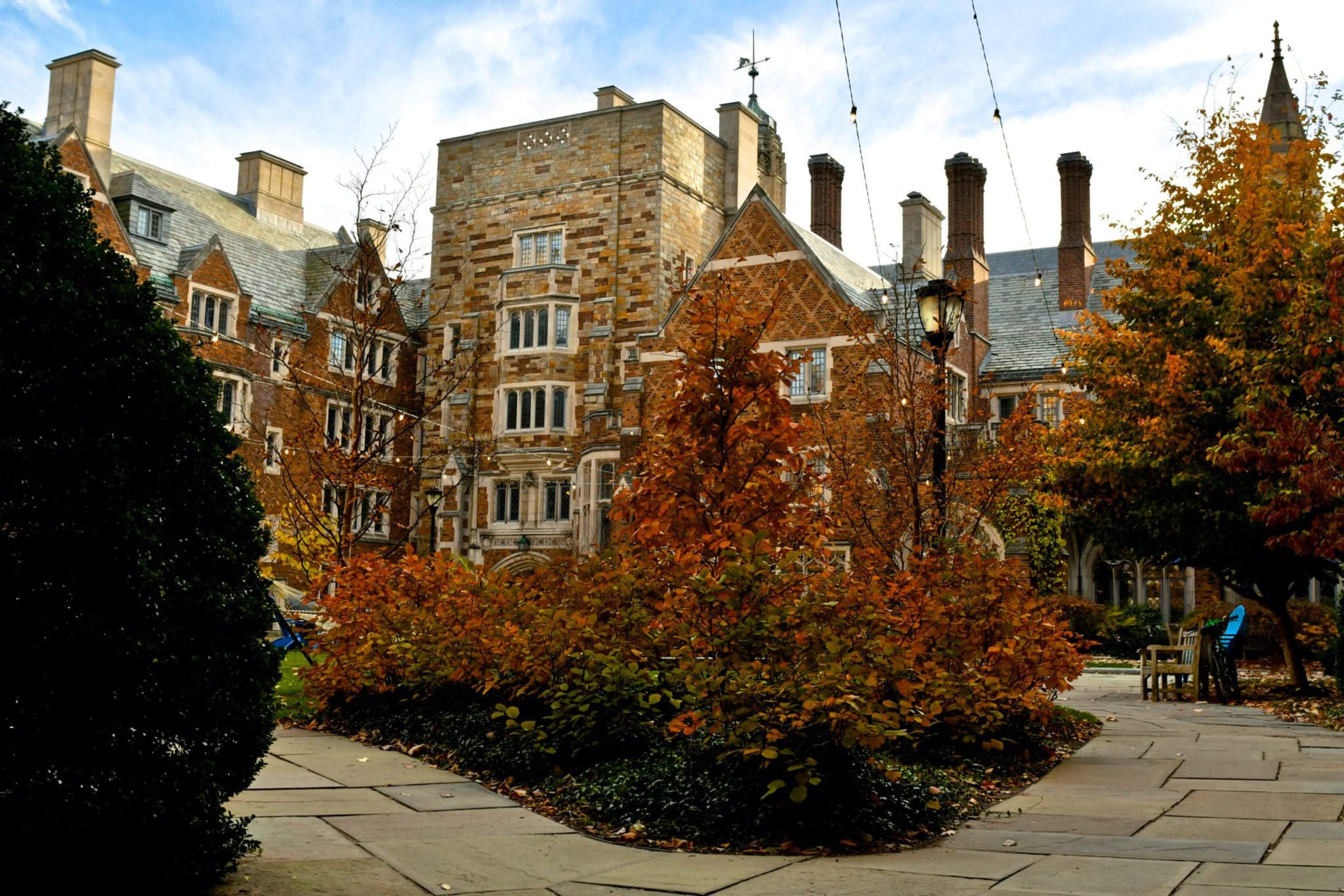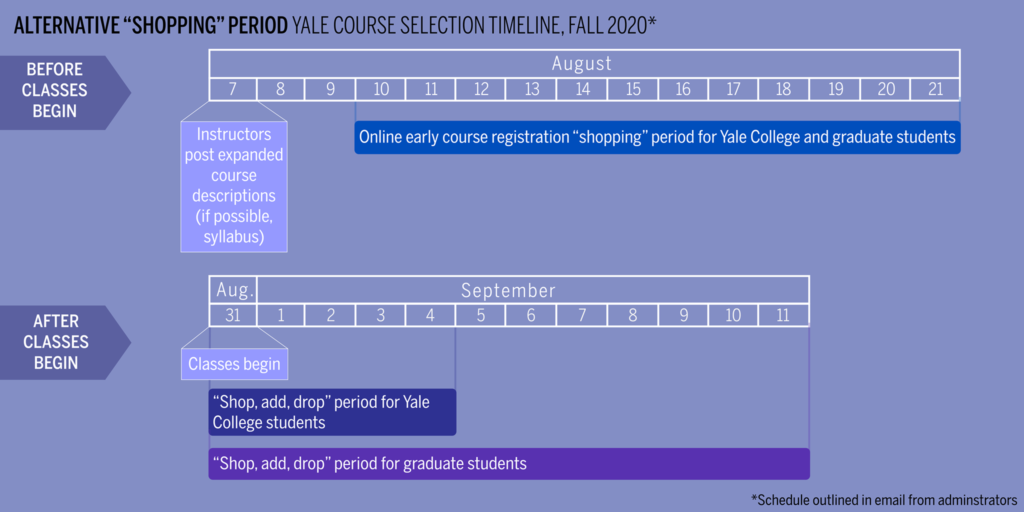
David Zheng
In an email on Thursday, University administrators instructed faculty members to plan their undergraduate and graduate courses in accordance with “a residential/remote model” — a plan that assumes that “while … students may return to New Haven and live in-residence in de-densified conditions, classes will primarily be offered using remote modalities.”
The email, obtained by the News, was sent from Faculty of Arts and Sciences Dean Tamar Gendler, Yale College Dean Marvin Chun and Graduate School of Arts and Sciences Dean Lynn Cooley. The email was sent to FAS and GSAS faculty to provide guidance for Yale professors on planning for fall instruction. Although the email suggested that there would be some amount of “de-densified” on campus living, it did not specify how many students that would entail.
“Undergraduate courses should be built with an assumption of remote delivery so that all enrolled students may participate, both those who are in-residence and those who are not,” the email reads. “In certain exceptional cases, classes that cannot be conducted without an in-person component (certain lab- or studio-based courses) may be developed to include some such components, with social distancing, if the public health situation permits.”
Chun and Cooley did not respond to a request for comment. Gendler told the News that a memo to students is scheduled for next week.
According to email, Yale will conduct “an online early course registration ‘shopping’ period” from Aug. 10 to 21, and students will submit their course selections on Aug. 21. After classes begin on Aug. 31, undergraduates will have the first week of the semester to add or drop courses — a “shop, add, drop” period.
Instructors are also directed to upload a syllabus and course description for each of their classes by Aug. 7. Yale Course Search has also been updated to include classes for both the upcoming fall and spring semesters.

While administrators already intended to implement this new system for shopping period in the fall of 2021, the email said that “[t]he pandemic requires us to implement many of these changes this fall.”
While notes from a Tuesday faculty meeting earlier this month outlined a potential plan, Thursday’s email contains more official guidelines surrounding the fall — including reasons why the hybrid model was adopted.
Such a model, the email states, would give the University the ability to swiftly transition to an entirely remote scenario should the pandemic worsen. Online classes would also limit face-to-face interaction between faculty and students.
The email also noted various adjustments to teaching policies that the administration expects to make for the upcoming semester. For example, course schedules are likely to be rearranged to spread across a broader range of dates and times, and departments may be encouraged “to entertain cross-unit credits for their majors.”
Faculty members and teaching fellows who wish to teach from home will be allowed to do so, the email states. Graduate courses will follow the same model, the email states, with additional details decided at the department-level.
Official, public guidance from the University administration is expected to be released by early July.
Valerie Pavilonis | valerie.pavilonis@yale.edu
Matt Kristoffersen | matthew.kristoffersen@yale.edu







